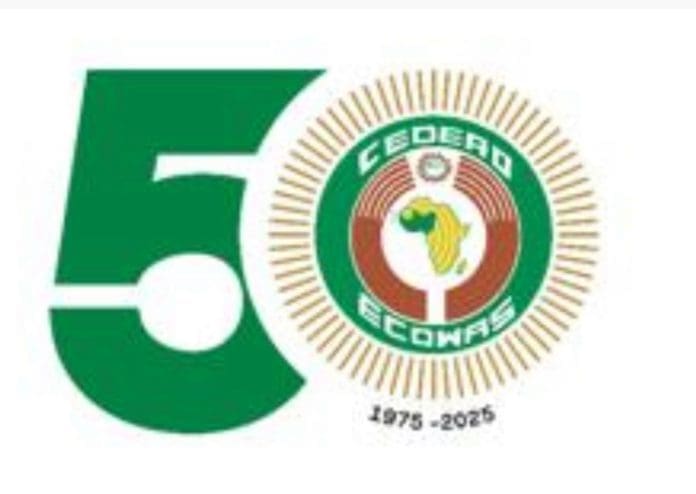West African financial experts gathered in Ghana’s capital this week to tackle one of the region’s most crucial funding mechanisms, with hopes of strengthening compliance and streamlining operations across member states.
The four-day meeting in Accra brought together specialists from central banks, finance ministries, and customs departments across Economic Community of West African States (ECOWAS) member countries to review and validate draft regulations for the Community Levy Operations Manual. Running from September 23-26, the technical session represents a significant step toward modernizing how the regional bloc manages its primary revenue stream.
The ECOWAS Community Levy—a 0.5% charge imposed on goods imported from non-ECOWAS countries—serves as the organization’s financial backbone. This tax provides between 70 and 90% of ECOWAS budget financing, making its effective administration critical for regional integration programs.
Professor Abdullahi Nazifi Darma, ECOWAS Commissioner for Internal Services, emphasized the need for updated procedures after more than two decades of experience. He stressed that operational challenges “warrant review in order to make it comply with contemporary realities”. The draft regulation emerged from extensive consultations and inter-institutional reviews, reflecting input from various stakeholders across the region.
The meeting’s timing couldn’t be more strategic. Dr. Roberts Moikowa, representative of the Administration and Finance Committee (AFC) Chairman, described the experts’ gathering as a crucial step in sustaining the levy and improving compliance. His opening remarks highlighted persistent challenges with member state compliance that have long hampered the organization’s financial stability.
Beyond technical validation, this session serves as a platform for addressing deeper systemic issues. The discussions focus on identifying barriers to full compliance and developing initiatives that could ensure all member states consistently meet their obligations. Such improvements would significantly enhance ECOWAS’s capacity to fund regional development projects and integration efforts.
The Finance and Budget Directorate of the ECOWAS Commission’s Internal Services department organized the meeting, bringing together delegates from the Administration and Finance Committee alongside national experts. The session aims to produce a final copy of the manual for approval by the Council of Ministers.
This manual represents more than just administrative housekeeping. It’s a foundational document that could reshape how West Africa funds its shared vision of economic integration. With regional challenges ranging from security threats to economic development needs, ensuring robust and reliable financing mechanisms has never been more important.
The levy system, while successful in generating substantial revenue for ECOWAS programs, has faced implementation challenges across different member states. These range from technical difficulties in collection to varying interpretations of regulations. The new manual aims to standardize procedures and provide clear guidance for all stakeholders involved in the process.
Mr. Eddison Agbenyegah, Head of the ECOWAS National Office in Ghana, welcomed participants to what many consider a pivotal moment for regional financial coordination. The meeting’s outcomes will likely influence how West Africa approaches regional funding for years to come.
As ECOWAS continues evolving from what some describe as an organization of states to one truly representing the people of West Africa, having reliable and efficiently managed funding becomes increasingly vital. The community levy manual represents one piece of this larger transformation puzzle.
The technical experts’ recommendations will undergo further review before final adoption, but their work this week in Accra could establish new standards for regional financial management across West Africa. For a region striving toward greater integration and development, such foundational improvements in financial administration can’t come soon enough.
Source: newsghana.com.gh











